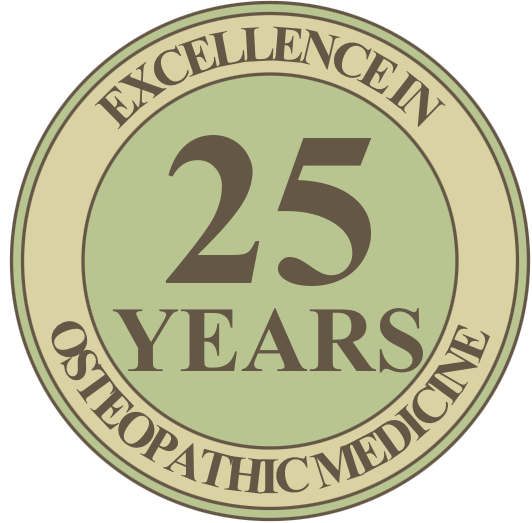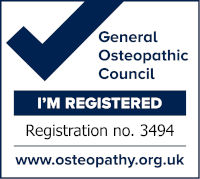Posture Perfect
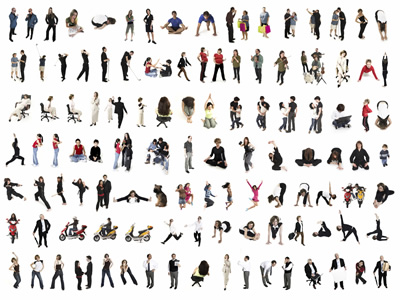 Posture ranks top of the list when it comes to good health. It's as important as nutrition, exercise, sleep & avoiding alcohol & tobacco. Good posture means doing things with more energy, less stress & fatigue. In fact with poor posture, you can't really be truly fit.
Posture ranks top of the list when it comes to good health. It's as important as nutrition, exercise, sleep & avoiding alcohol & tobacco. Good posture means doing things with more energy, less stress & fatigue. In fact with poor posture, you can't really be truly fit.
Surprised? You're not alone. The importance of good posture in a fitness program is often overlooked by fitness advisers & fitness seekers alike.
The good news is that nearly everyone can avoid the problems caused by bad posture. You can also make improvements at any age.
Good Posture is Good Health
Good posture means your skeleton is properly aligned and your muscles, joints and ligaments can work as nature intended. It means your vital organs are correctly positioned and can function efficiently. It helps your nervous and circulatory systems function freely.
Because poor posture affects breathing, digestion muscles, joints & ligaments, a person who has poor posture may be tired, unable to work efficiently, or even move properly.
Even for young people, your posture when working, relaxing or playing can have big effects. Did you know that just 15 minutes reading or typing using the wrong positions exhausts the muscles of your neck, shoulders and upper back?
How Does poor posture Happen?
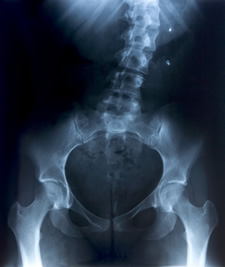 Often, poor posture develops from accidents or falls. But it can also develop from factors that you can control, such as the environment or bad habits. The following are factors you can control:
Often, poor posture develops from accidents or falls. But it can also develop from factors that you can control, such as the environment or bad habits. The following are factors you can control:
- Poor sleep support (mattress)
- Excessive weight
- Visual problems
- Foot problems or improper shoes
- Weak muscles, muscle imbalance
- Careless sitting & standing habits
- Negative self image
- Occupational stress
- Poorly designed work space
The results of Poor Posture
A life of poor posture can result in:
Fatigue - muscles work hard just to hold you up. You waste energy just moving, leaving you without the energy you need to feel good.
Tight, achy muscles in the neck, back, arms and legs - Over 80% of back problems result from tight, achy muscles brought on by poor posture. Muscles can permanently shorten or stretch when a slumped over position becomes your normal. Muscles & ligaments that have been shortened or stretched no longer function as they should, resulting in a loss of range of movement.
Joint stiffness and pain - you are at risk of degenerative osteoarthritis. Poor posture and limited mobility increase the likelihood of this condition.
Headaches & pain in the shoulders, arms, hands & around the eyes resulting from a forward-head position. Rounded shoulders can trigger headaches at the base of your skull where the muscles attach.
Pain in the jaw - a forward-head position can lead to jaw pain. This kind of pain (known as TMJ pain) was once only seen as a dental problem.
Breathing problems - Poor posture reduces volume and movement in your chest, restricting functioning of the lungs, and reducing oxygen intake.
Low back pain - For people over 35, low back pain is interpreted as a sure sign of age, although it may have been developing since childhood.
Reduced bowel function - If your spine arches too much, your intestines may sag and cause constipation.
Looking older than you are - when you are slumped over, or hunched over, you can add years to your appearance.
So straighten up & stay healthy!
What does perfect posture look like?
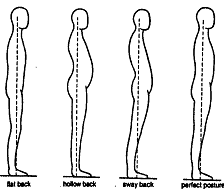
Perfect standing posture is when the points between your eyes, chin, collarbone, breastbone, pubic area and midpoint between your ankles are aligned; From the side, you can easily see the three natural curves in your back; From the front, your shoulders, hips and knees are of equal height; Your head is held straight, not tilted or turned to one side; Your shoulders are relaxed and by your sides, not by your ears!; From the back, the little bumps on your spine should be in a straight line down the centre of your back.
Obviously, no one spends all day like this. But, if you naturally assume a relaxed standing posture, you'll carry yourself in a balanced position and with less stress in your other activities. Advice
Tips for Lifelong Good Posture
Keep the weight down - excess weight, especially around the middle, pulls on the back, weakening stomach muscles.
Exercise regularly - it keeps you flexible and strong enough to support proper posture.
Buy good bedding - a firm mattress will support the spine.
Pay attention to injuries from bumps, falls and jars - injuries in youth may cause growth abnormalities or postural adaptations to the injury or pain that can show up later in life.
Have your eyes examined - a vision problem can affect the way you carry yourself as well as cause eye strain.
Be conscious of where you work - If possible have an ergonomic assessment of your workstation - or just ask me for some general advice.
Enrol in a yoga or general stretching class, or buy a book. Stretching makes muscles stronger & more able to keep you upright. You don't need to be a weightlifter to have muscles strong enough to hold you up.









